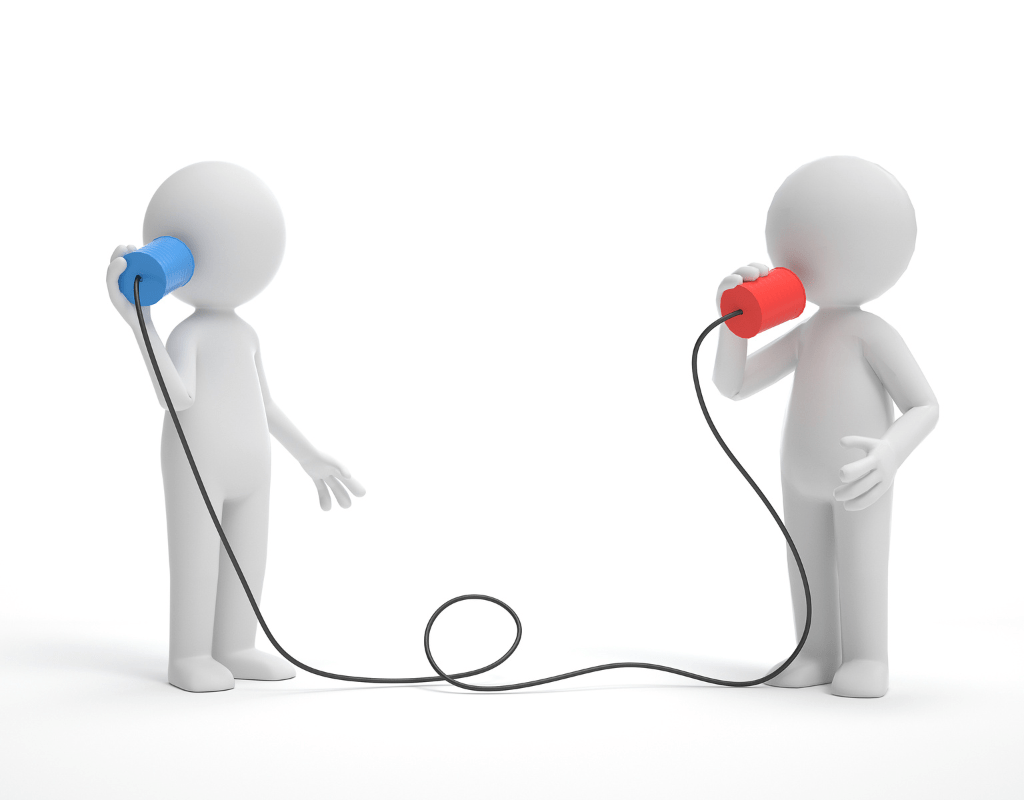Navigating the rich tapestry of cultures and languages in Europe can be one of the most rewarding aspects of traveling on this diverse continent. For Americans venturing into Europe, understanding the nuances of communication is key to a fulfilling journey. From overcoming language barriers with the latest apps to mastering mobile communication and embracing cultural diversity, our comprehensive guide is designed to ensure you connect seamlessly with the locals and enhance your European adventure. Whether you’re ordering a café in Paris or asking for directions in Rome, we’ve got you covered with essential tips and tools for effective communication across Europe.
Overcoming Language Barriers
- Language Apps: Duolingo or Babbel can assist you in acquiring basic knowledge of the respective country’s language.
- Translation Apps: Google Translate, Microsoft Translator, and DeepL are handy tools for translating texts or conversations in real-time.
Mobile Communication in Europe
- Mobile Standards: Europe primarily uses GSM, while the U.S. leans towards CDMA. Ensure your phone is compatible.
- European SIM Cards: Purchase an affordable traveler’s SIM card at mobile shops or airports.
Internet Access
- Public Wi-Fi: Utilize free Wi-Fi in cities, cafes, and hotels.
- Mobile Hotspots: Stay connected by renting or purchasing a mobile hotspot.
Plug Types and Voltage
- Europe has different plug sockets and voltages than the U.S. A travel adapter is essential. Check out this Travel Adapter Guide.
Costs of International Calls
- Avoid high costs from international calls with your U.S. SIM card. Instead, use WhatsApp, Skype, or other communication apps.
Cultural Differences in Communication
- Familiarize yourself with communication etiquette in the countries you’re visiting. What’s polite in one country might be considered rude in another. Dive deeper into this topic by visiting our page on Europe’s Cultural Diversity.
Linguistic Diversity
- While many European cities speak English, it’s not universally spoken. A dictionary or translation app can be invaluable.
Local Apps
- Use local apps for public transportation, food delivery, and sightseeing in the countries you visit.
Conclusion
Europe has a lot to offer, and with the right preparations, your journey will be smooth. With these tips, you’re well-equipped to fully enjoy Europe!
last check/ 20.01.2024


